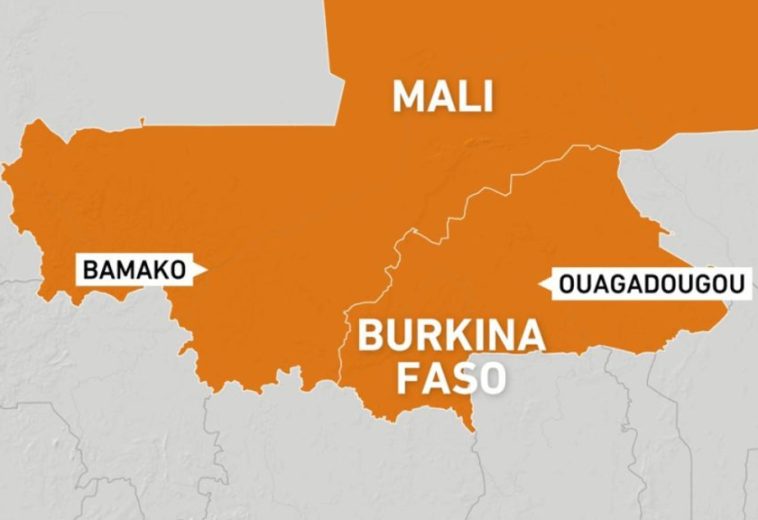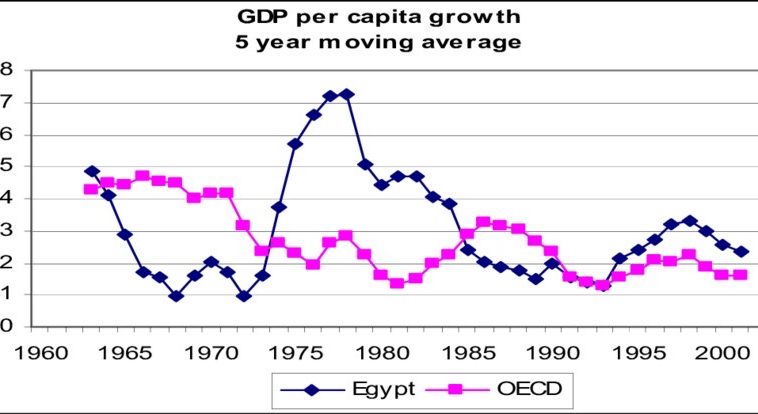In 2022, Ghana grappled with economic hurdles stemming from domestic imbalances and external shocks, resulting in currency depreciation, inflation, and diminished investor confidence. The World Bank’s Economic Update predicts a slowdown in economic growth to 1.5% in 2023 and a gradual recovery to 2.8% in 2024, with full recovery expected by 2025.
Ghana’s pursuit of stability involves proactive management of external debt. The nation has engaged in negotiations with creditors, seeking international support to ease debt burdens. Responsible borrowing practices and robust debt management strategies aim to prevent debt-related challenges from impeding economic progress.
Funding series support targeted reforms such as boosting domestic revenue, effective expenditure management, ensuring financial sector stability, removing barriers to private investment, stabilizing the energy sector, fortifying social protection, and integrating climate considerations into policies.
Honourable Ken Ofori-Atta, Ghana’s Finance Minister, highlighted the government’s commitment to restoring macroeconomic stability and implementing lasting reforms. The disbursement of a $300 million Development Policy Financing, the first in a series of three, plays a vital role in easing fiscal constraints while sustaining economic recovery.
Long-term strategies involve directing investments towards agricultural research and technology transfers to enhance productivity, reduce production costs, and ensure food quality and safety. Amid climate challenges, the focus is on climate-smart agriculture initiatives, promoting sustainable and resilient farming practices.
Policies should not only support increased domestic food production but also foster effective integration with global food supply chains. Initiatives to encourage regional and global trade aim to improve food availability and affordability by eliminating trade barriers and enhancing market transparency.
Efforts to diversify Ghana’s historically commodity-dependent economy involve promoting sectors like manufacturing, technology, and services to reduce vulnerability to global commodity price fluctuations. Fiscal discipline, achieved through reforms in public spending and revenue collection, aims to create a sustainable fiscal environment.
World Bank Vice President for Western and Central Africa, Ousmane Diagana, emphasized that restoring fiscal and debt sustainability, bolstering growth prospects, curbing inflation, and protecting the vulnerable are urgent priorities for Ghana.
Ghana’s positive performance under the program, meeting quantitative objectives and implementing structural reforms, demonstrates progress despite a challenging global economic environment. The multifaceted approach to achieve macroeconomic stability involves prudent fiscal management, effective monetary policy, structural reforms, social safety nets, and attention to external sector dynamics.
In conclusion, Ghana’s journey towards stability requires a comprehensive strategy tailored to its context, emphasizing collaboration between the public and private sectors, and a commitment to good governance and transparency.


